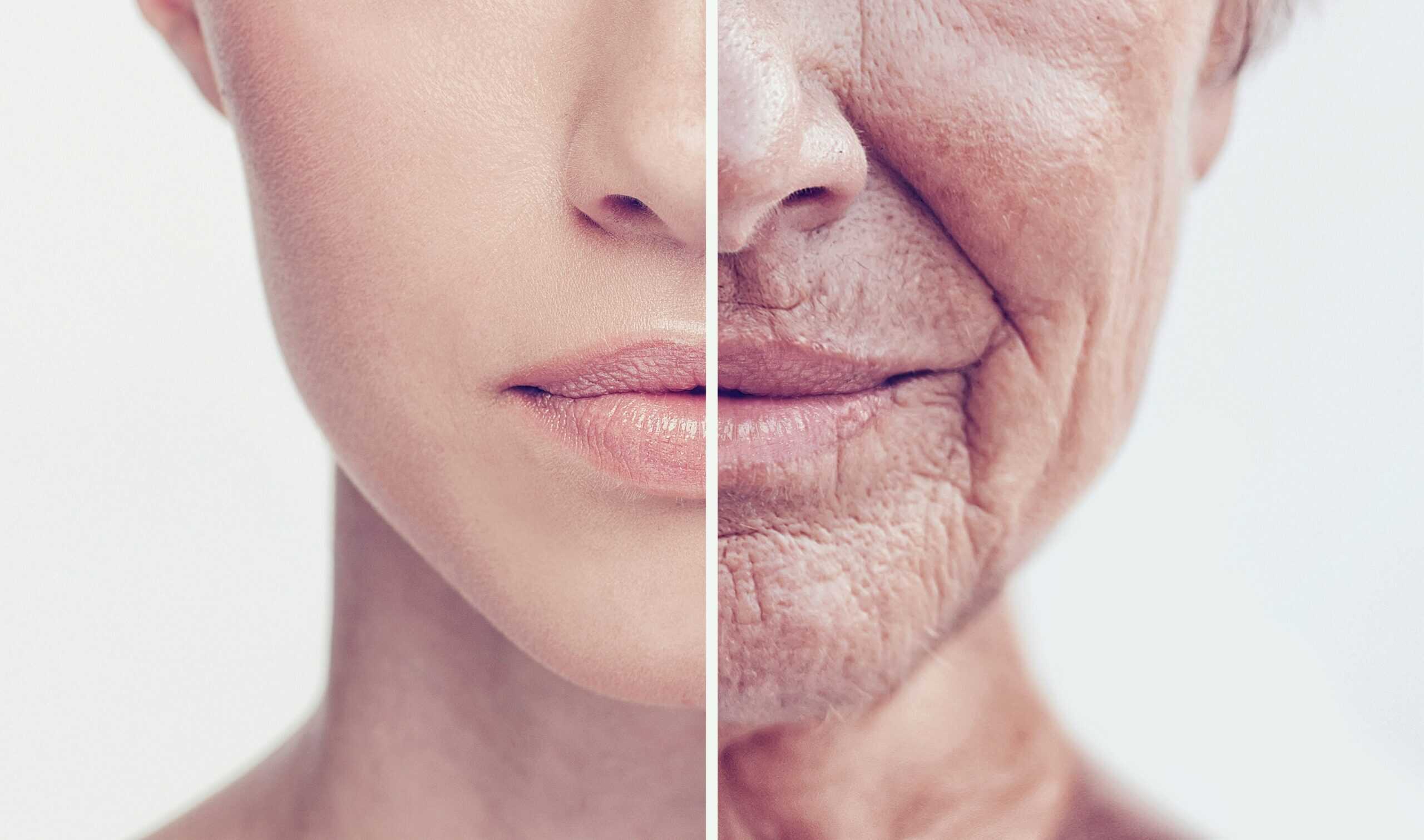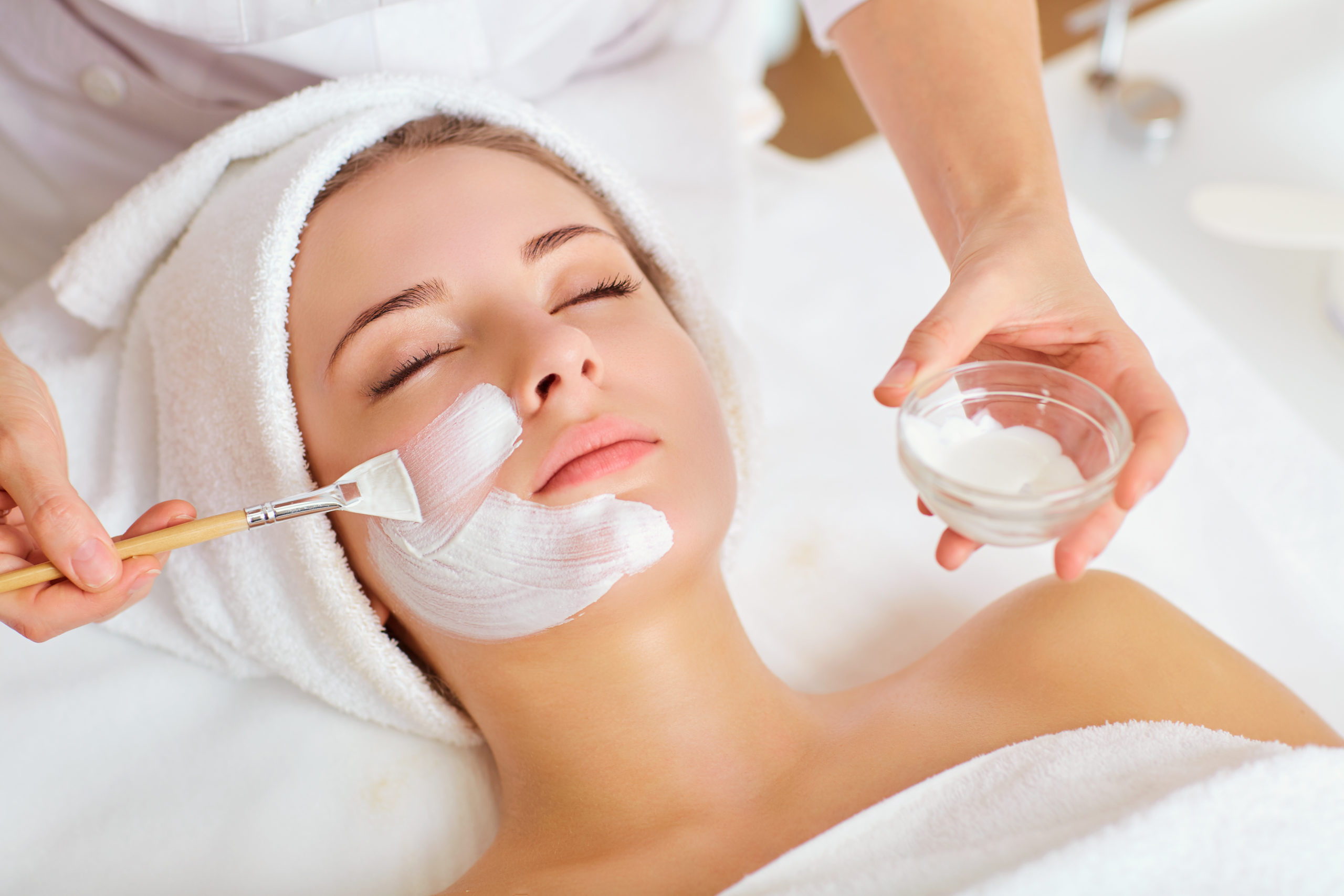Menopause marks a significant transition in a woman’s life, bringing about various physiological changes, including those affecting the skin. Understanding these changes and implementing appropriate skincare strategies can help maintain healthy, radiant skin during this phase.
The Role of Estrogen in Skin Health
Estrogen plays a crucial role in maintaining skin vitality. It influences several aspects of skin physiology:
- Collagen and Elastin Production: Estrogen stimulates fibroblasts to produce collagen and elastin, proteins essential for skin strength and elasticity.
- Hydration: It enhances the production of glycosaminoglycans, such as hyaluronic acid, which help retain skin moisture.
- Sebum Regulation: Estrogen modulates sebaceous gland activity, maintaining optimal oil levels for skin lubrication.
- Wound Healing: It accelerates the skin’s repair processes, aiding in quicker recovery from injuries.
As estrogen levels decline during menopause, these functions are compromised, leading to noticeable skin changes.
Impact on Skin Cell Development
The skin’s outermost layer, the epidermis, relies on the continuous renewal of keratinocytes—cells that originate in the basal layer and migrate upwards, undergoing differentiation. Estrogen influences this process by modulating keratinocyte proliferation and maturation.
A decline in estrogen levels disrupts this balance, resulting in:
- Thinner Epidermis: Reduced keratinocyte proliferation leads to a thinner epidermal layer, making the skin more susceptible to damage.
- Compromised Barrier Function: Altered differentiation impairs the skin’s barrier, increasing transepidermal water loss and dryness.
- Decreased Collagen Production: Lower estrogen levels reduce fibroblast activity, leading to decreased collagen synthesis and skin elasticity.
Common Skin Changes During Menopause
As a result of hormonal fluctuations, women may experience:
- Dryness and Itching: Due to decreased sebum and hyaluronic acid production.
- Wrinkles and Sagging: From reduced collagen and elastin synthesis.
- Thinning Skin: Making it more prone to bruising and injury.
- Hyperpigmentation: Such as age spots, due to uneven melanin distribution.
- Acne and Breakouts: Hormonal imbalances can lead to increased sebum production and clogged pores.
- Delayed Wound Healing: Slower skin regeneration processes.
Strategies to Support Skin Health During Menopause
To mitigate these effects, consider the following approaches:
- Hydrating Agents: Use moisturizers containing hyaluronic acid and glycerin to combat dryness.
- Retinoids: Promote collagen production and improve skin texture.
- Antioxidants: Incorporate vitamin C serums to protect against oxidative stress.
- Barrier Repair: Products with ceramides and peptides help restore skin integrity.
- Hormone Replacement Therapy (HRT):
Consult with a healthcare provider about HRT options, which can help restore estrogen levels and improve skin thickness and elasticity.
- Nutrition:
Ensure adequate intake of nutrients essential for skin health, including omega-3 fatty acids, vitamins A, C, and E, and proteins.
- Sun Protection:
Use broad-spectrum sunscreens to protect against UV-induced skin aging.
- Professional Treatments:
Consider non-invasive procedures like micro-needling, laser therapy, or chemical peels to stimulate collagen production and improve skin texture.
Conclusion
Menopause-induced hormonal changes, particularly the decline in estrogen, significantly affect skin cell development and overall skin health. Understanding these changes enables the adoption of targeted strategies to support the skin during this transition, promoting resilience and vitality.


